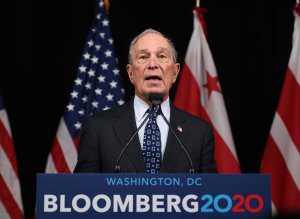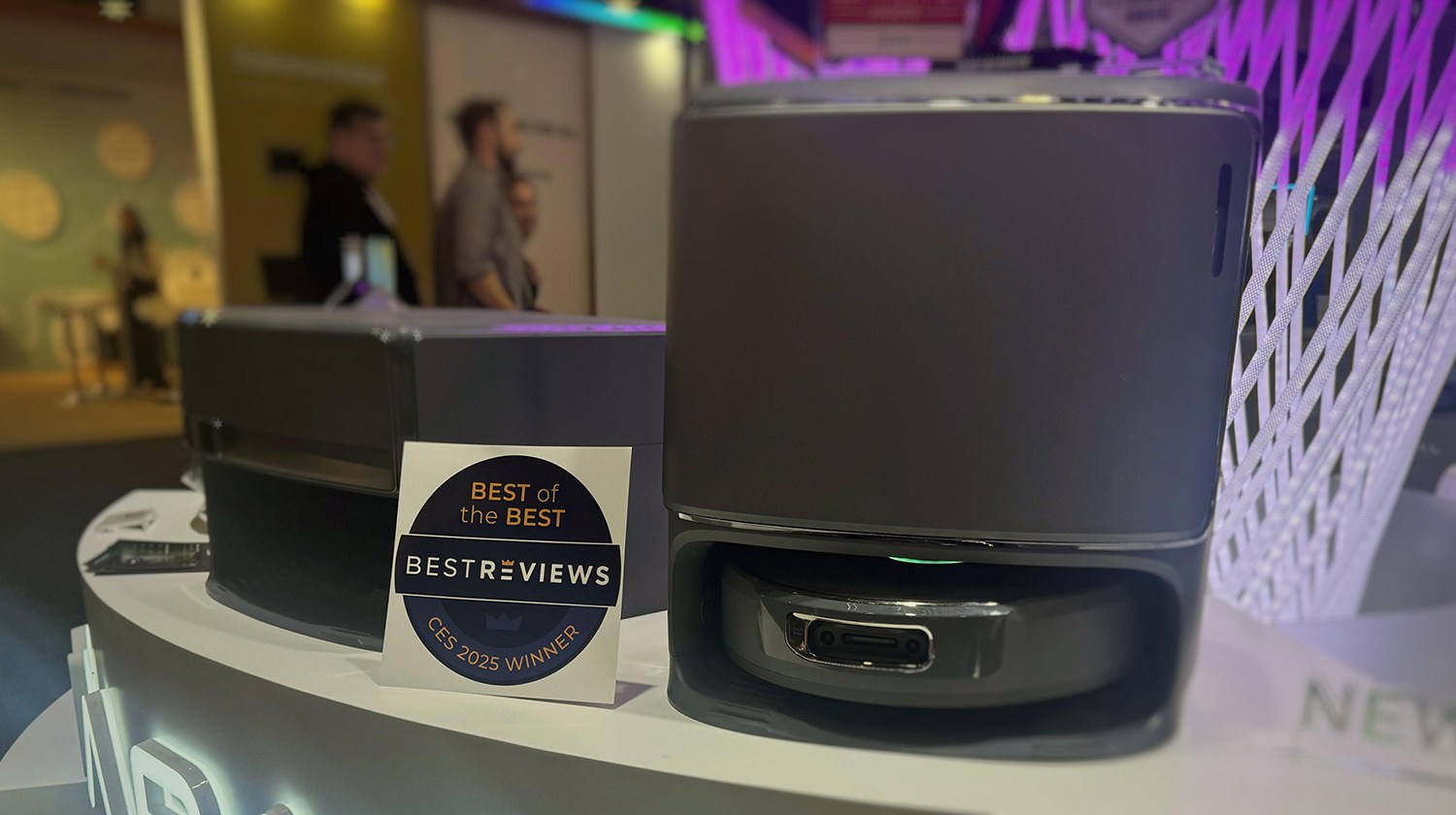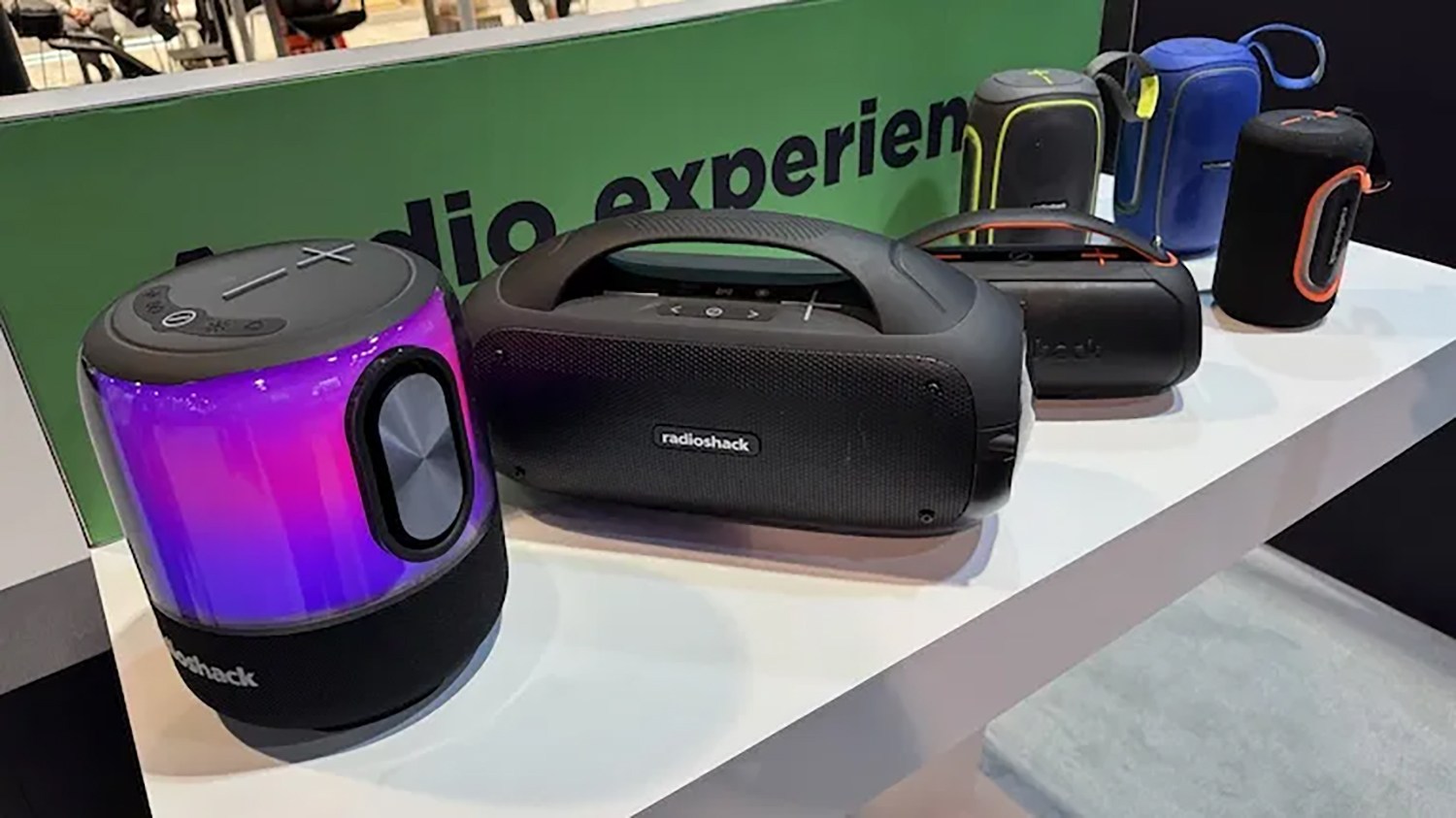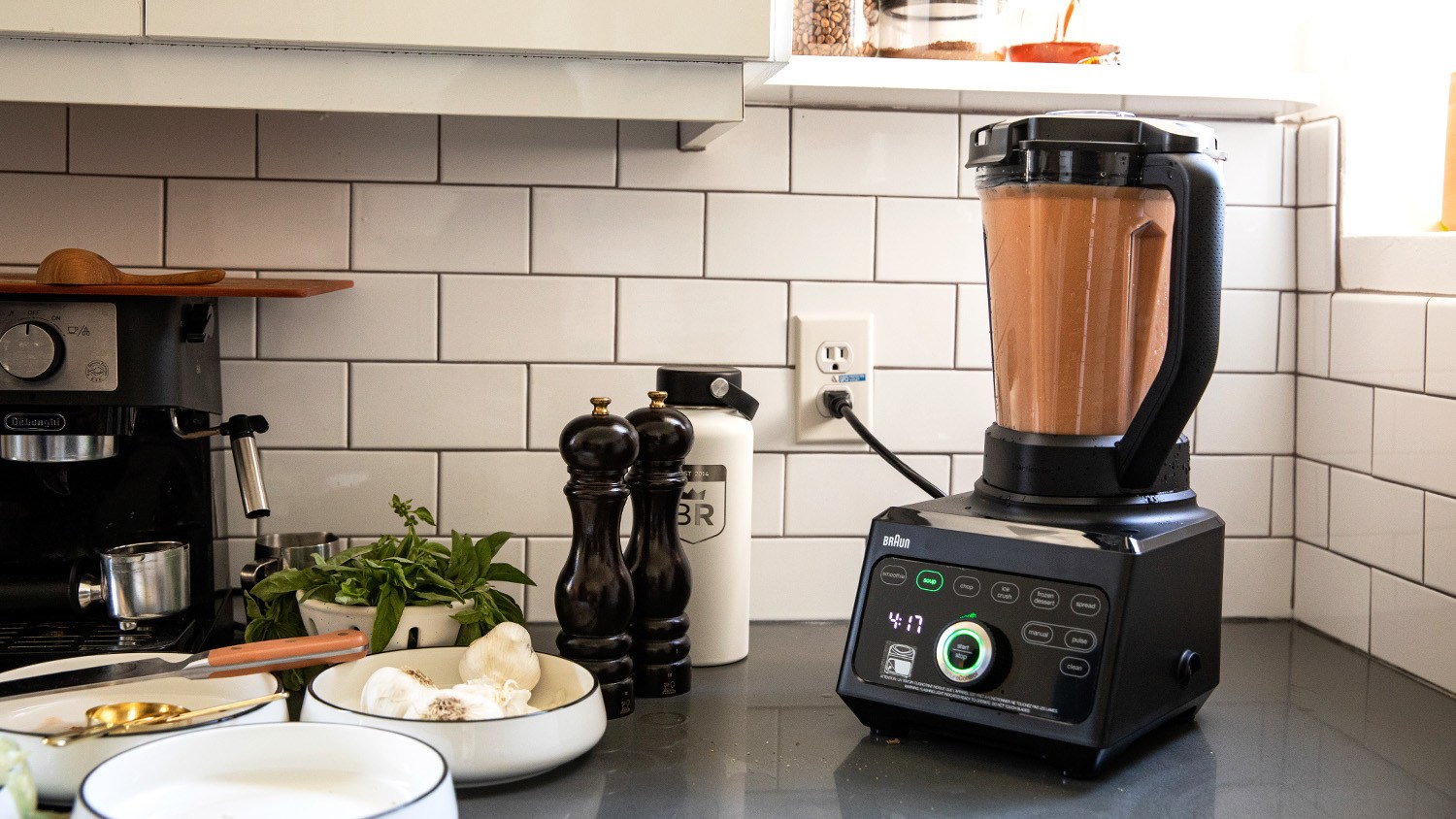Iowa? Who cares.
On the day the 2020 presidential election kicks off with the Iowa caucuses, Michael Bloomberg was half a continent and a leap of faith away in California, where the Democratic candidate sought to bring attention to a campaign that has forsworn early voting states and anchored its ambitions to California, Texas and other delegate-rich battlegrounds to come.

The billionaire former New York City mayor took to the air in a chartered jet Monday, with a retinue of reporters and TV cameras in tow, and touched down around the state to remind voters that California’s election, like Iowa’s, is underway.
Early voting in the nation’s most populous state begins Monday for the March 3 primary election. It is Bloomberg’s fourth trip to the state as a candidate.
His first stop was at a coffee shop in Sacramento, the state capital, where he encouraged supporters to get out and vote. He later landed in Fresno, in the heart of the farm belt, for an outdoor rally with Latino voters, and afterward traveled to Compton, the Los Angeles-area city known as the West Coast capital of hip-hop, where he launched a national bus tour for his surrogates and supporters.
Joe Biden says democracy begins in Iowa, but Bloomberg told supporters the path to the White House runs through California.
“I’m not running against the other Democratic candidates, I’m running against Donald Trump,” Bloomberg said at the low-key appearance in Sacramento, speaking on a stage with a U.S. flag backdrop and “Vote early” posters. “We are going to win this.”
In the crowd was retiree Ruth Holton-Hodson, a Democrat from Sacramento, who is leaning toward Bloomberg as the most likely choice to defeat Trump. But she said she worries his skip-Iowa plan could alienate voters, who would see a wealthy candidate making his own rules.
“I think it will turn people off,” she said.
Nearby, wearing an “I like Mike” sweatshirt, Colorado student Myles Hammond said he was wavering in his decision but is closely focused on Bloomberg and Bernie Sanders. Hammond, who was in Sacramento for a graduate school interview, said he is drawn to the former mayor’s push for gun control but also likes Sanders strong connection with young voters. However, he’s concerned the Vermont senator’s progressive agenda might drive off middle-ground voters.
He wasn’t sure if Bloomberg’s unusual strategy of skipping Iowa would work but said he might have “a better chance” focusing on a large state like California.
Bloomberg’s trip amounted to a carefully planned sideshow to the crescendo of campaigning in Iowa, where the crowded and shifting Democratic field headed toward an uncertain finish in Monday’s caucuses.
It’s unusual, but not unprecedented, for a candidate to turn away from Iowa, the time-honored launching pad for presidential candidates. It’s similar to a presidential campaign strategy deployed in 2008 by another former New York mayor, Rudy Giuliani, who was an early drop-out in a year when John McCain become the eventual Republican nominee.
The day of campaigning provided a window into Bloomberg’s broader strategy. Financed by his unrivaled personal wealth, he is largely going his own way to secure the nomination to challenge Trump.
But in embracing his conspicuous absence in Iowa, it highlighted the risk: How to stay relevant when you are competing outside the usual playing field of tradition-bound early contests like Iowa, New Hampshire, Nevada and South Carolina?
In Sacramento, Bloomberg said he was planning to enter the Iowa race when he began considering a presidential run, then decided not to become a candidate. When he reconsidered and got in the 2020 race “it was too late to get in” the Iowa contest, he said.
Later in Fresno, Bloomberg put in a pitch for tougher gun regulation, one of his signature issues. He lamented how disagreements in America too often end in violent deaths. If elected, he promised “gun safety will be at the top of my agenda,” he said.
Visiting a region with a large Hispanic population, he told the crowd, “Latino issues are American issues,” earning a round of cheers.
In Compton, he noted that other candidates had spent months in Iowa but largely overlooked California. “I’m here,” he said.
At all three stops, he touched on familiar themes, presenting himself as a level-headed problem-solver with a record of fixing problems. He dubbed himself the “un-Trump.”
No presidential contest awards more delegates than the state of California, the Democratic fortress that is home to 1 in 8 Americans. Iowa’s caucuses have 41 delegates at stake, but California will award more than 400.
As a candidate, Bloomberg has gone from curio to competitor with an unmatched torrent of TV ads, paired with traditional retail campaigning, that appears to have pushed him up in presidential polling. Still, he remains unknown to many voters.
But in one sign he is gaining traction, he attracted the attention of Trump, who mocked Bloomberg’s height in an interview with Fox News Channel’s Sean Hannity and accused the former mayor of making a special request for a box to stand on if he qualifies for future presidential debates. Bloomberg’s campaign denied the claim.
Bloomberg campaign spokeswoman Julie Wood said Trump was a “pathological liar who lies about everything: his fake hair, his obesity, and his spray-on tan,” she said.
“He’s not going to bully me,” Bloomberg said in Fresno.












